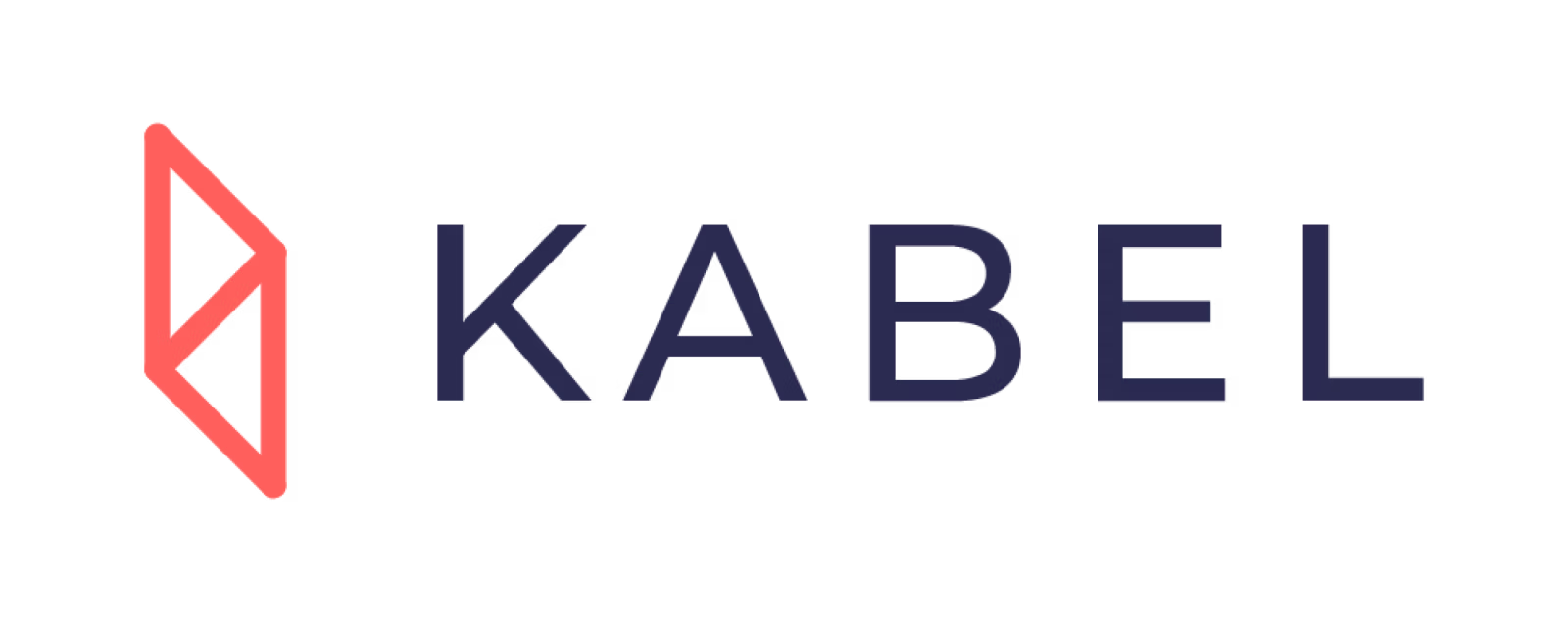How Forward-Thinking SMEs Build Agile Capacity with Digital Agents
Software is bought, dashboards are set up. But teams get busy, momentum fades, and the transformation stalls. It’s not a technology gap, it’s a capacity gap. Your best people are already managing customers, projects, and operations. They don’t have the bandwidth to experiment and embed change.
This is where Digital Agents come in.
What Exactly Is a Digital Agent?
A Digital Agent is an intern or young professional trained to help your company adopt new tools, automate workflows, and simplify processes while learning in the process. They are not just interns, they are digital problem solvers embedded inside your team.
- They learn your business tools fast.
- They document and automate manual workflows.
- They explore new tech that your core team doesn’t have time to test.
- They accelerate digital adoption from within.
Think of them as your digitalisation co-pilots, learning, experimenting, and implementing alongside your team.
Why Digital Agents Work Where Consultants Don’t
Consultants give you strategies. Digital Agents give you execution.
Instead of leaving behind reports or recommendations, they sit within your daily operations, building systems, not just suggesting them.
The Difference
- Traditional approach: one-time consulting, external experts, expensive and slow, knowledge leaves after the project ends.
- Digital Agent model: embedded in the team, fast execution, practical automation, knowledge stays and compounds.
This is why SMEs that adopt the Digital Agent model scale faster without adding fixed headcount.

What Digital Agents Have Achieved in Real SMEs
- Fintech startup: trained four Digital Agents. Within eight weeks, they automated customer support and reduced ticket time by 52%.
- Retail brand: used Digital Agents to build inventory dashboards in Airtable, now used company wide.
- Creative agency: assigned Digital Agents to manage reporting automations, cutting 10 hours of manual work weekly.
In each case, interns didn’t replace full timers, they amplified them. They became catalysts for productivity, helping teams move from “too busy to change” to “ready to grow.”
How to Start Building Your Own Digital Agent System
You don’t need a new department. You need a structured framework for learning and execution:
- Identify repetitive workflows, for example admin, reporting, or digital marketing tasks.
- Onboard interns with a learning project, set a clear goal tied to business outcomes.
- Assign a mentor or sponsor, someone who reviews, not micromanages.
- Use agile cycles, short weekly check-ins and iterative improvement.
- Document everything, so learning compounds across batches.
Within three months, you will have new systems, new data habits, and new talent who already understand your operations.
The Long Term Benefit: A Self-Renewing Growth System
Digital Agents do more than lighten the load. They build organisational learning muscle.
Each cycle of interns leaves behind:
- Reusable SOPs
- Digital templates
- Documented workflows
- New ideas tested in real time
That means every new batch starts faster than the last, compounding your company’s capacity over time.
Final Thought
Growth doesn’t come from more tools or more people. It comes from how fast your team can learn and adapt.
Digital Agents give SMEs that agility, turning internships into a strategic capacity engine for the future.
Learn how to train your own Digital Agents step-by-step
Ready to Build Your Digital Capacity?
Kabel matches SMEs with interns and fresh graduates trained to become Digital Agents — the people who help you automate, streamline, and scale smarter.






